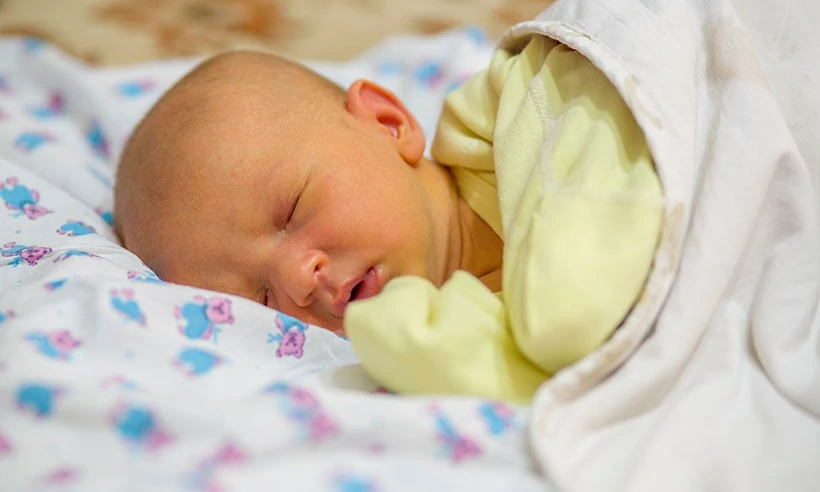
Neonatal Jaundice
What is Neonatal Jaundice?
Neonatal jaundice is a common condition in newborns, characterized by a yellowish tint to the skin and eyes due to elevated bilirubin levels in the blood. Bilirubin is a yellow pigment produced during the normal breakdown of red blood cells. In newborns, the liver may be immature and unable to process bilirubin effectively. Most cases are harmless and resolve on their own, but severe cases can lead to complications like brain damage (kernicterus) if untreated.
How We Cure It
Mild jaundice often resolves without treatment. Regular feeding helps flush out bilirubin through urine and stool. In more pronounced cases, phototherapy (light therapy) is used to help break down bilirubin in the skin. In rare, severe cases, exchange transfusions may be needed to quickly reduce bilirubin levels. Monitoring bilirubin levels and ensuring the baby is feeding well are key parts of management. Follow-up visits help track resolution.

Get in Touch for Your Child’s Health
Timely care can make all the difference — early intervention ensures a healthier future. When it comes to kids, every precaution counts. Reach out to us today!
